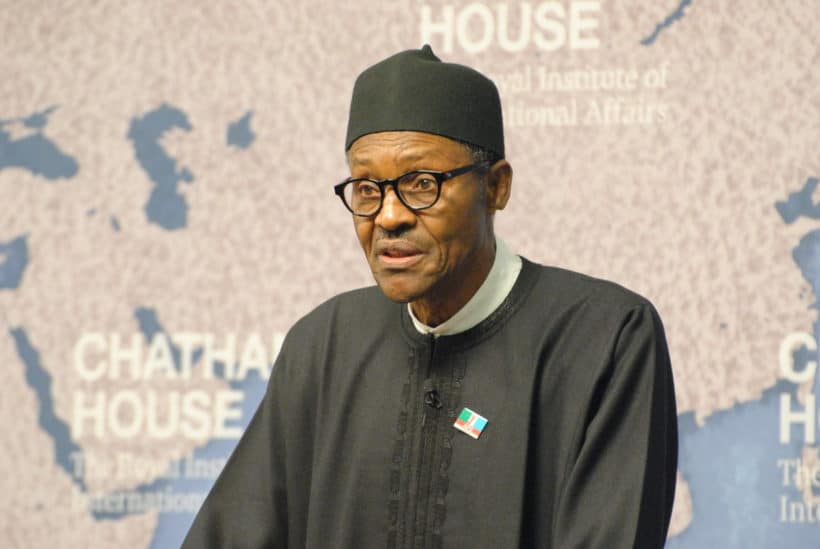
Photo: via Flickr
ABUJA, May 18 (Reuters) – Nigeria plans to issue $3 billion or more in Eurobonds as international capital markets (ICM) open up and interest rates decline, the government said on Tuesday, after the coronavirus pandemic disrupted markets last year.
The West African country had planned a Eurobond issue early last year after its sixth sale in 2018, but it decided to defer the 2020 sale due to market turmoil caused by the COVID-19 pandemic.
In April, the head of the debt office told Reuters the government was looking to pick advisers.
“The plan is to raise the sum of $6.183 billion from a combination of sources,” President Muhammadu Buhari said in a letter to parliament seeking approval for the debt raise.
“From recent trends in the ICM, it is now possible for Nigeria to raise funds in the ICM. We estimate that Nigeria may be able to raise $3 billion or more, but not more than $6.183 billion in a combination of tenors between five to 30-years.”
Nigeria emerged from its second recession since 2016 in the fourth quarter, but growth is fragile. The government expects a 2021 budget deficit of 5.60 trillion naira to be financed largely from foreign and local borrowings.
Buhari said it wanted to moderate debt service costs by accessing relatively cheaper funds abroad, especially as global interest rates fall below 2020 levels while local rates begin to rise.
In February, the West African country said it would trim offshore borrowing to 30% of its total loans from 40% currently, in a bid to strengthen domestic markets.
Nigeria has been in talks with the World Bank for a $1.5 billion loan, but approvals have been delayed due to concerns over reforms to its currency.
Last week, the country let its naira weaken on the official market against the dollar in a possible move by the central bank to unify its numerous exchange rates.
(Reporting by Camillus Eboh and Chijioke Ohuocha; Writing by Paul Carsten; Editing by Catherine Evans and Steve Orlofsky)

